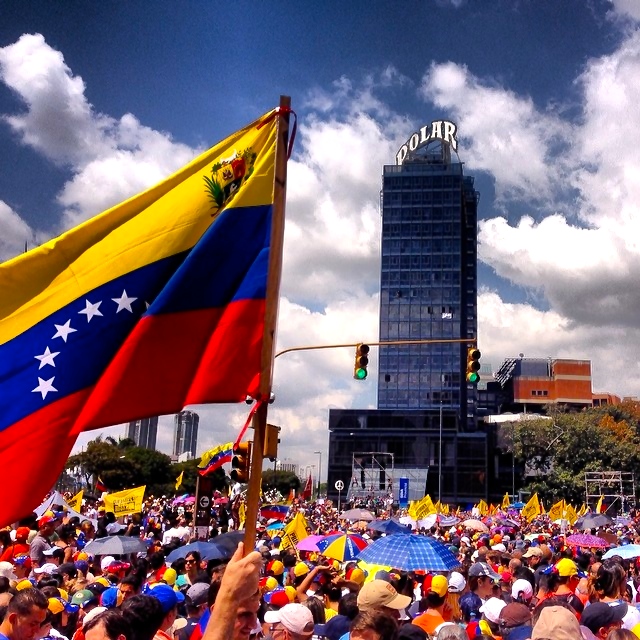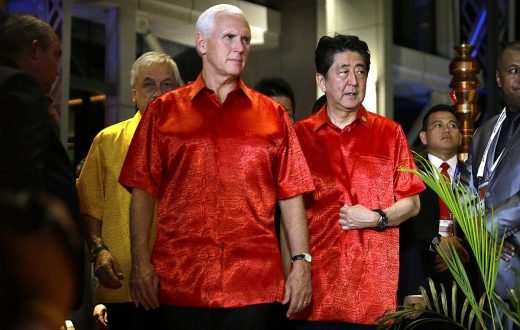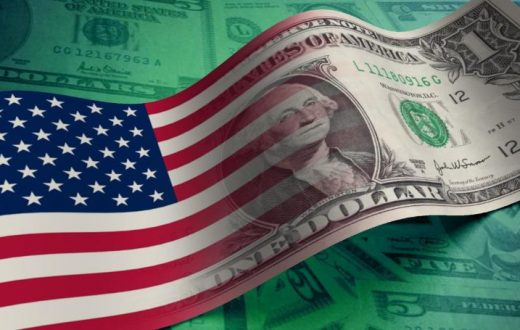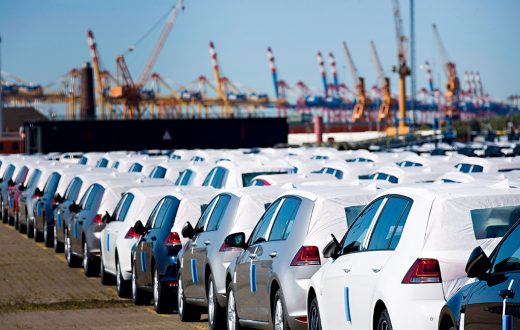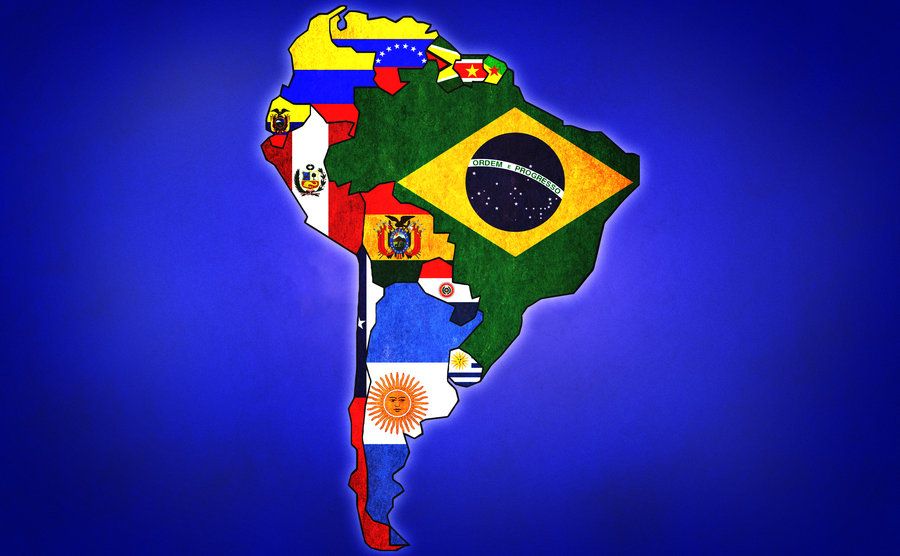Jan. 12: The Venezuelan Government Grinds to a Halt
The Venezuelan government has fallen into institutional crisis at a time when it can ill afford to be anything but unified. On Jan. 11, the Venezuelan supreme court declared that all actions taken by the National Assembly, a body currently controlled by the opposition, would be deemed invalid. The decision came after the legislature flouted a court order by appointing three lawmakers from districts with contested election results.
The court’s decision indicates that Venezuela’s ruling elite, led by President Nicolas Maduro and former National Assembly speaker Diosdado Cabello, has refused to recognize the authority of the opposition-held legislature. The two men, who have been among the most powerful political figures in Venezuela since President Hugo Chavez died in 2013, are spearheading the United Socialist Party of Venezuela’s (PSUV) moves to limit its rival coalition’s influence in the government. Refusing to recognize the National Assembly’s authority is a last-ditch effort to preserve the ruling party’s power, and neither side appears willing to make even minor concessions.
But another crisis looms larger than the worsening political stalemate in Venezuela. An intractable economic crisis, which already turned the bulk of voters against the PSUV during Dec. 6 parliamentary elections, threatens the government. If left unaddressed, the country’s economic deterioration could exacerbate food shortages and raise inflation, eventually spurring widespread social unrest. But Maduro and Cabello cannot undertake the disruptive measures needed to right the economy without inviting anger from voters and risking their own positions in the government. Consequently, the PSUV elite is firmly committed to its “wait-and-see” approach, delaying major economic adjustments (other than simply cutting imports) in the hope of waiting out low oil prices. But the strategy will only delay the inevitable.
In the short term, the PSUV has made the risky decision to confront the opposition to maintain its grip on power. By refusing to recognize new legislation passed by the National Assembly, PSUV leaders have made it unlikely that the opposition would tolerate or yield to the government’s demands. Doing so would risk widening the divisions within the opposition’s ranks, and thus the opposition’s relevancy on the national stage. As the breach between the opposition-led parliament and the PSUV-appointed Supreme Court widens, the ruling party will in turn find it more difficult to take any meaningful action toward fixing the economy.
In the best-case scenario, the threat of political gridlock will grow over the next few months as the Venezuelan government and National Assembly vie for power. But at worst, major demonstrations capable of destabilizing the government could break out sometime in 2016. Street protests are a viable option for some segments of the opposition, though they would undoubtedly prompt a crackdown by security forces loyal to the government. It will be critical to watch whether a consensus forms within the opposition coalition to incite protests as a way of pressuring Caracas. If it fails to materialize, the government’s actions will likely drive a wedge between the opposition’s various factions, rendering the coalition less effective and mitigating one of the many threats facing the ruling PSUV.
Jan. 8: How a Court Case Could Bring the Government to a Halt
A legal case that is currently pending in the Venezuelan Supreme Court could be a catalyst for political gridlock and instability in the country. On Jan. 6, the ruling United Socialist Party of Venezuela (PSUV) requested that the court reverse the swearing in of three opposition legislators from Amazonas state. Previously, a December Supreme Court ruling had barred the three from taking their seats, but the opposition Democratic Unity Roundtable ignored it. The request now under consideration also asks the Supreme Court to void any legislative decisions made by the National Assembly until the body complies with the court’s original order to remove the lawmakers in question.
The latest legal case may prove to be a source of further infighting among Venezuelan politicians in the coming weeks. If the court acquiesces to the PSUV’s request, it will put the opposition in a difficult position: It will have to choose whether to back down and comply or ignore the court once again. On the one hand, obeying the court would limit the opposition’s political power and would probably exacerbate the existing divides within the Democratic Unity Roundtable coalition, threatening the coalition’s tenuous cohesion. On the other, defying the decision would likely create a legal vacuum in which the central government would refuse to recognize the opposition’s legislative verdicts. This would likely lead to political stalemate, restricting the opposition’s ability to leverage its newfound power.
It is clear that the legal options available to the opposition to implement its domestic policy agenda are becoming fewer. It is possible that some segments of the opposition will turn to street demonstrations in an attempt to pressure the government to accept its stance on the contested lawmakers, though this tactic probably will not be popular with the rest of the coalition.
It is also becoming increasingly apparent that Venezuelan President Nicolas Maduro intends to rule without the opposition’s input. Still, this does not mean he will be able to withstand public pressure for economic reform. During a Jan. 6 Cabinet reshuffle, Maduro named Luis Salas, a leftist sociologist, Venezuela’s next economic minister. The decision would seem to indicate that the president intends to continue his wait-and-see approach to the country’s economy, at least to some degree. But a report emerged Jan. 8 that suggested Industry and Trade Minister Miguel Perez Abad, a businessman, will have significant influence over Venezuela’s economic policy. This signals at least the possibility of economic reform ahead. That said, the Maduro administration has so far shown an unwillingness to undertake any significant currency devaluation or consumer price increases, which would help put the country’s economy back on track but would carry significant political costs for the government.
Notably, the latest reshuffle left officials loyal to former National Assembly Speaker Diosdado Cabello out of the new Cabinet. Both Gen. Giuseppe Yoffreda and Jose David Cabello (Diosdado’s brother) were removed from their respective posts at the head of the Air and Water Transport Ministry and the Industry and Trade Ministry. Neither man was reassigned to a new position. This could be a sign that Cabello’s influence within the PSUV administration is waning, even though he remains one of Venezuela’s most powerful political leaders.

